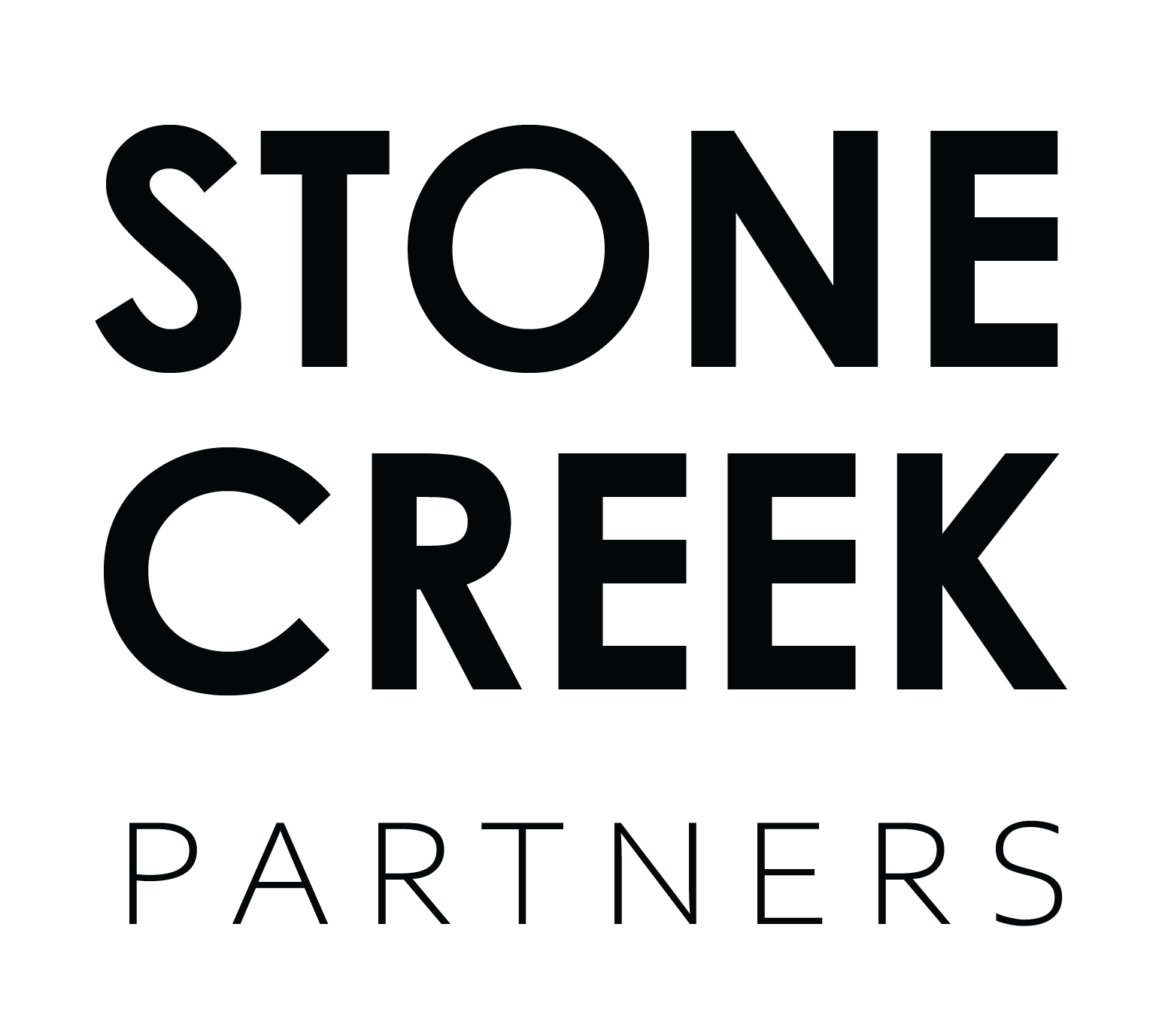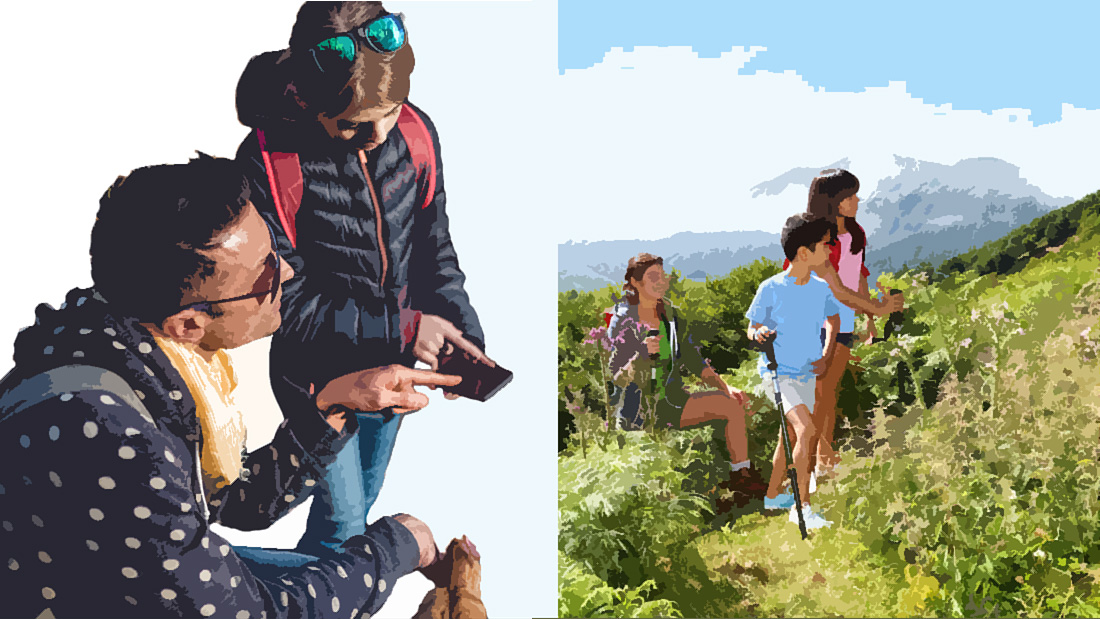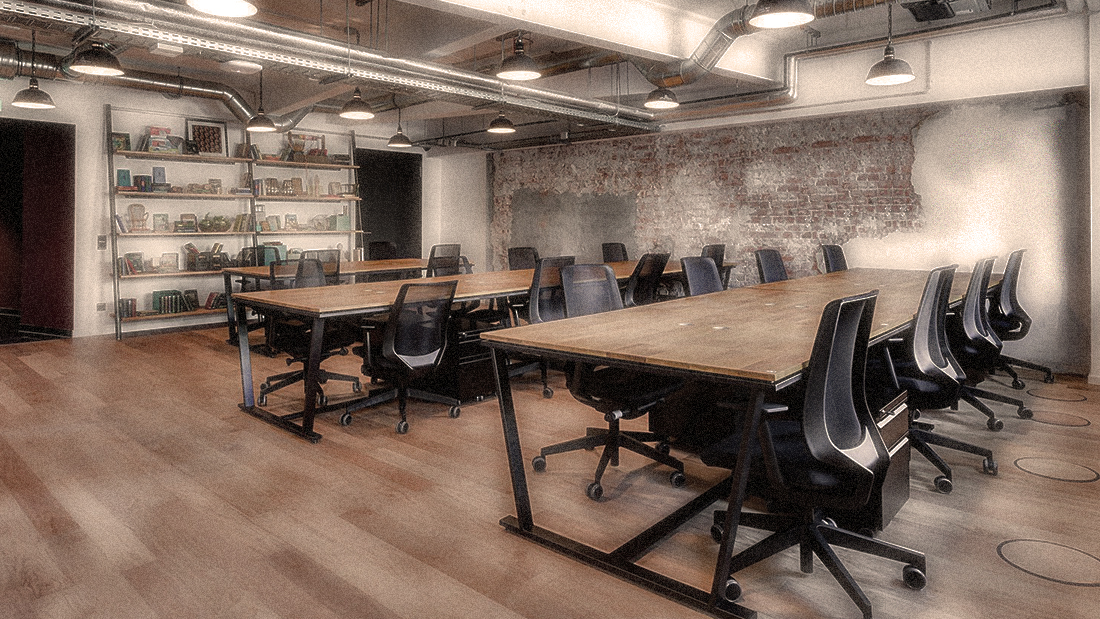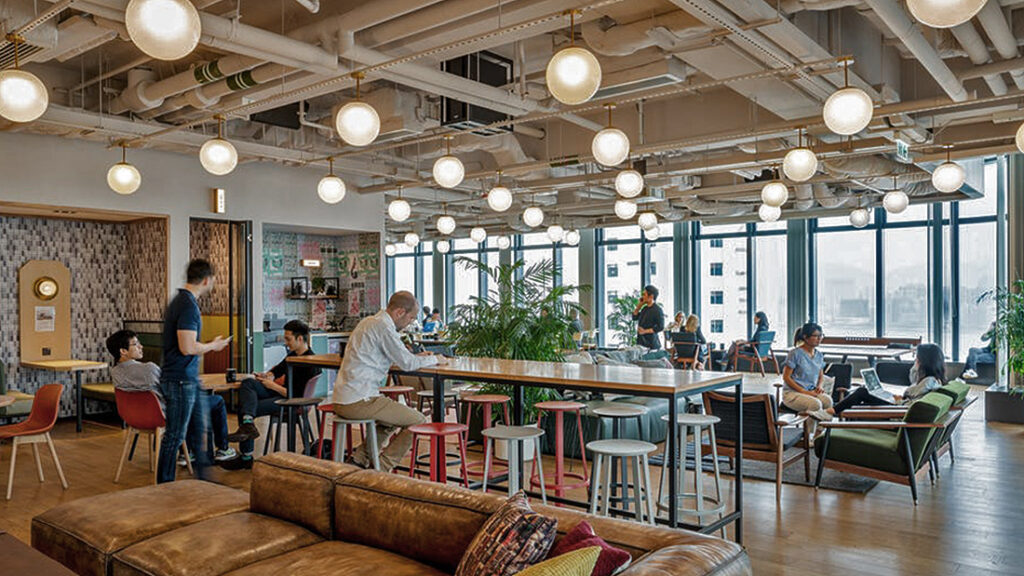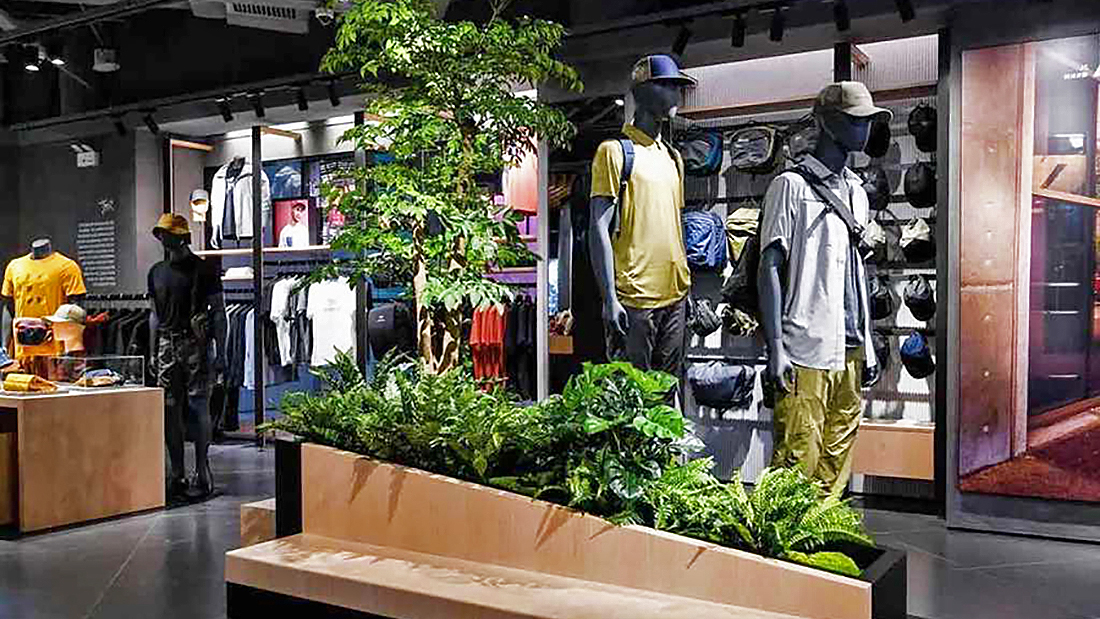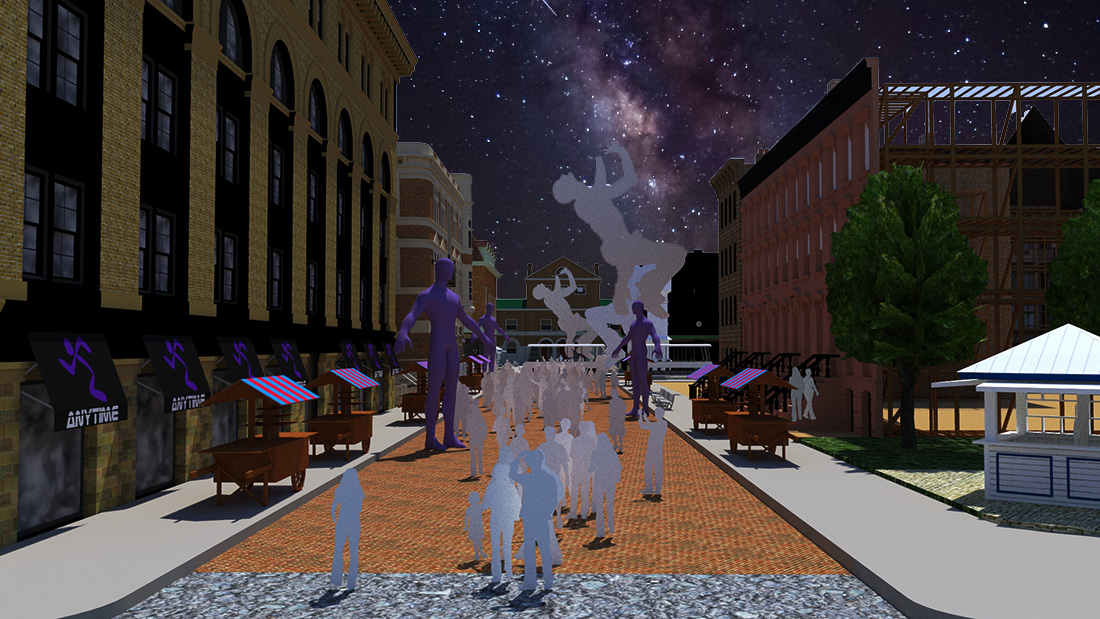Adventure Entertainment Cos. has new website.
The Adventure Entertainment Cos., an affiliate of StoneCreek Partners (“SCP”), has launched a new website at AEC Creative – in Beta form. Some of the client experience and specific projects that have been listed here along with SCP experience will be moved over to AEC Creative.
The Adventure Entertainment Cos. (AEC) is a conceptual design and project implementation company, focused on themed attractions, location-based entertainment, and outdoor recreation. AEC regularly collaborates with StoneCreek Partners during the project feasibility and conceptual design stages of client assignments, providing early “previsualization” of potential site organization, project massing and relative scale, and exploration of guest scripting and experience.
AEC has also established ventures with 3rd-party organizations for the operation of niche destination facilities in outdoor recreation (GoBOLD Adventures), creative campuses (Monumental Studios), and living stories (StagePlex). These new ventures are led by highly-experienced professionals in these industries, including Paul Bierman-Lytle, Justin Zoladz, and Robert “Bob” Johnson, among others. The purpose of Adventure Entertainment Cos. having a new website, is to prepare for more direct-to-consumer communications about these coming destination facilities. The Adventure Entertainment Cos. is committed to the creation of destination experiences for major project as well as smaller intra-regional locations, that combine the outdoor recreation, extreme sport, themed, and location-based entertainment industries.
